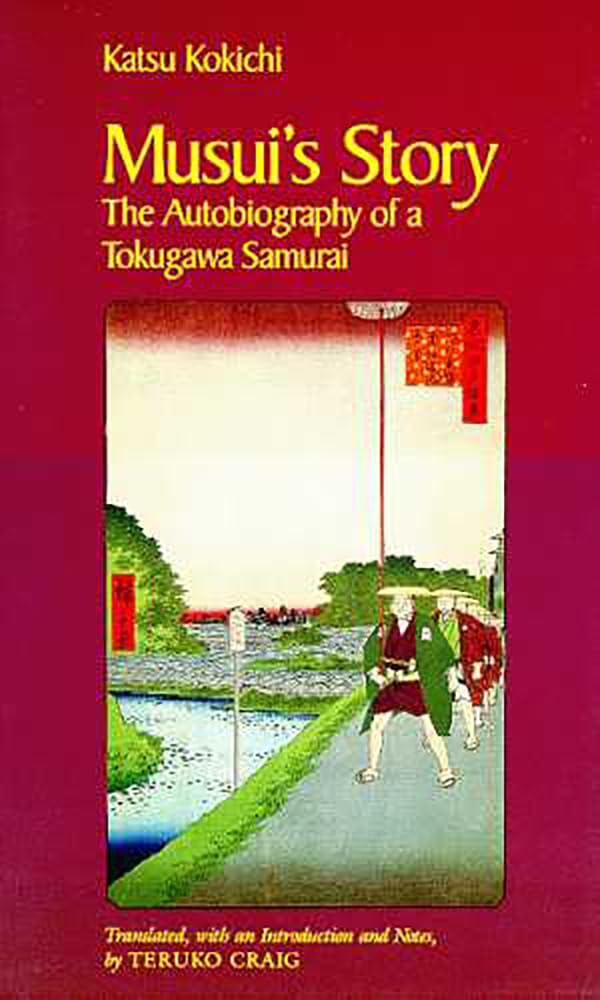

Full description not available
S**A
Realistic story of a Tokugawa samurai
The diary of Musui (father of the famous Katsu Kaishu) paints a realistic story of a lower class samurai trying to eke out a living during the latter stages of Tokugawa Japan and helps to dispel the cinematic image of this class. Excellent translation. The book is highly recommended.
A**B
A fascinating read
This book is a good way of seeing what life was like in Tokugawa Japan. Also gave an insight into what the daily life of a samurai was during that time period. A fantastic read and gives a glimpse into the culture of Japan during that time period.
J**E
Really fast shipping
Purchased for a college class. My son hated it. He hated everything about it, but he needed it for a college class and it arrived very quickly. I should probably mention, if you are looking at it for a bit of light trading, my son hated it and hated reading about the poor woman’s miserable life. It is apparently an intense look into the very restrictive, oppressive Asian societal norms of the past. I should mention that my college age son hated it. Did I mention that?
D**E
For school
I always feel weird reviewing schoolbooks, but since I think everything deserves some sort of opinion - here goes. This book was for my History of Korea and Japan class and was one of those "choose from a list" type of choices. I thought the book was decent. The book wasn't fascinating, but it did keep my interest. Whether or not I'd recommend it is really a personal choice. Did I think it was good for school? - Yes. Would I want it for a personal read? - Probably not. Does this mean its horrible writing? - I don't think so. It's just not to my taste.
M**O
A very important book.
Katsu Kokichi's autobiography shows the gritty, dark, realistic side of Tokugawa society. This samurai, who was always down on his luck, mostly because of his own rotten ideas and unethical actions, lied, cheated, stole and ran around with the riffraff of Edo. He ran away from home, twice, once at the age of 14 and once at the age of 21. The second time he was running away from his OWN household - his wife and his bills. He once lived as a begger, travelled a lot (well, ran away a lot) and learned a lot about how to get money without doing any real work.This book is important as a piece of first person history into the real lifes and people of the 19th Century Japan. It showed how many Samurai lived during the time of peace, trying to take odd jobs, make some money and still dress, act and give the impression of being warriors. A must for any history library.
Trustpilot
2 weeks ago
2 months ago